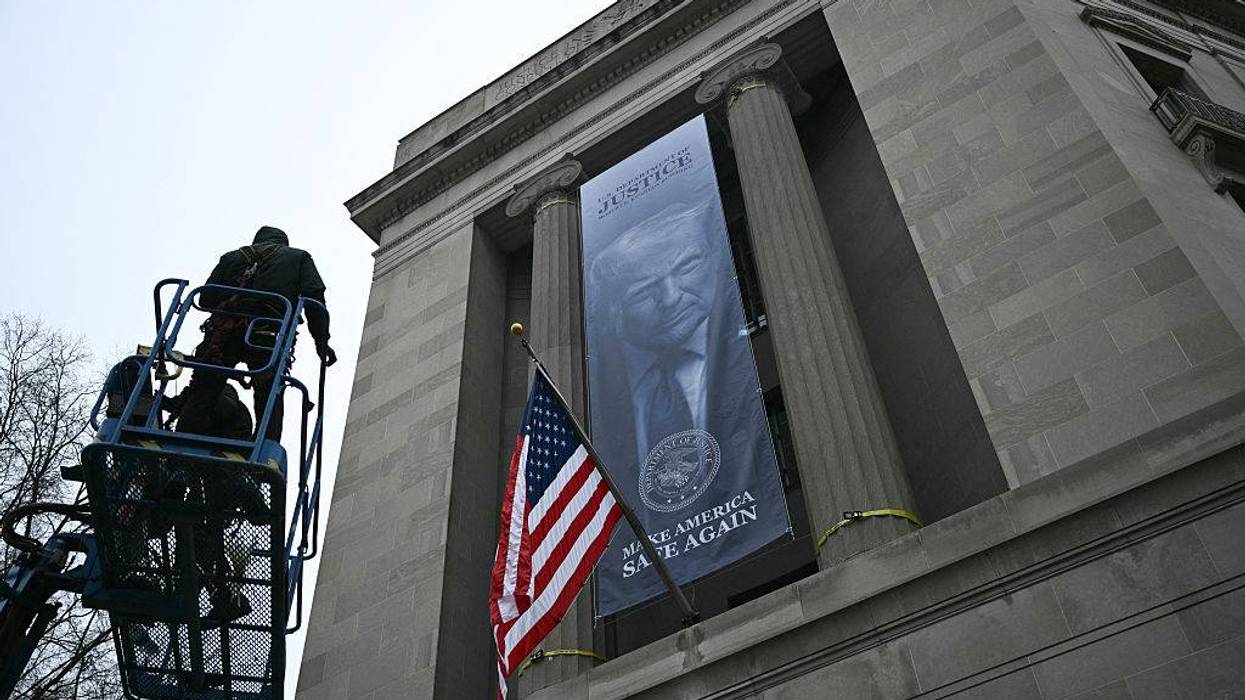US Women's Olympic Hockey Champs Decline Trump SOTU Invite
"Another win for the US women’s hockey team," said California Gov. Gavin Newsom.
The gold medal-winning US women's Olympic hockey team has declined an invitation from President Donald Trump to attend the State of the Union address in Washington, DC on Tuesday.
In a statement given to NBC News, a spokesperson for USA Hockey said that while the team was "sincerely grateful for the invitation extended to our gold medal-winning US Women’s Hockey Team and deeply appreciate the recognition of their extraordinary achievement," its members could not attend "due to the timing and previously scheduled academic and professional commitments."
The team's decision to decline an invitation to the State of the Union came one day after Trump was heard telling the US men's hockey team, which also won the gold medal at the 2026 Winter Olympics in Milan, Italy, that he would be forced to invite the women's team to the White House or risk being impeached.
"I must tell you, we’re going to have to bring the women’s team, you do know that?" Trump told the players on Sunday.
This resulted in the men's team breaking out in laughter.
The women's team's decision to not attend Trump's speech drew quick praise from Democratic California Gov. Gavin Newsom, who is widely expected to seek the presidency in 2028.
"Another win for the US women’s hockey team," he wrote in a social media post.
Activist Charlotte Clymer argued that Trump's ridicule of the women's team showed just how little his attacks on transgender women athletes had anything to do with a sincere appreciation for or desire to "protect" women's sports.
"Weird how Trump has spent the past several years falsely claiming trans youth are an existential threat to women’s sports," she remarked, "and then mocks the US women’s hockey team after they won gold because he thinks it’ll play well with the guys during a locker room celebration."
She also urged the men's hockey team to decline Trump's invitation in solidarity with their fellow gold medal-winners.


